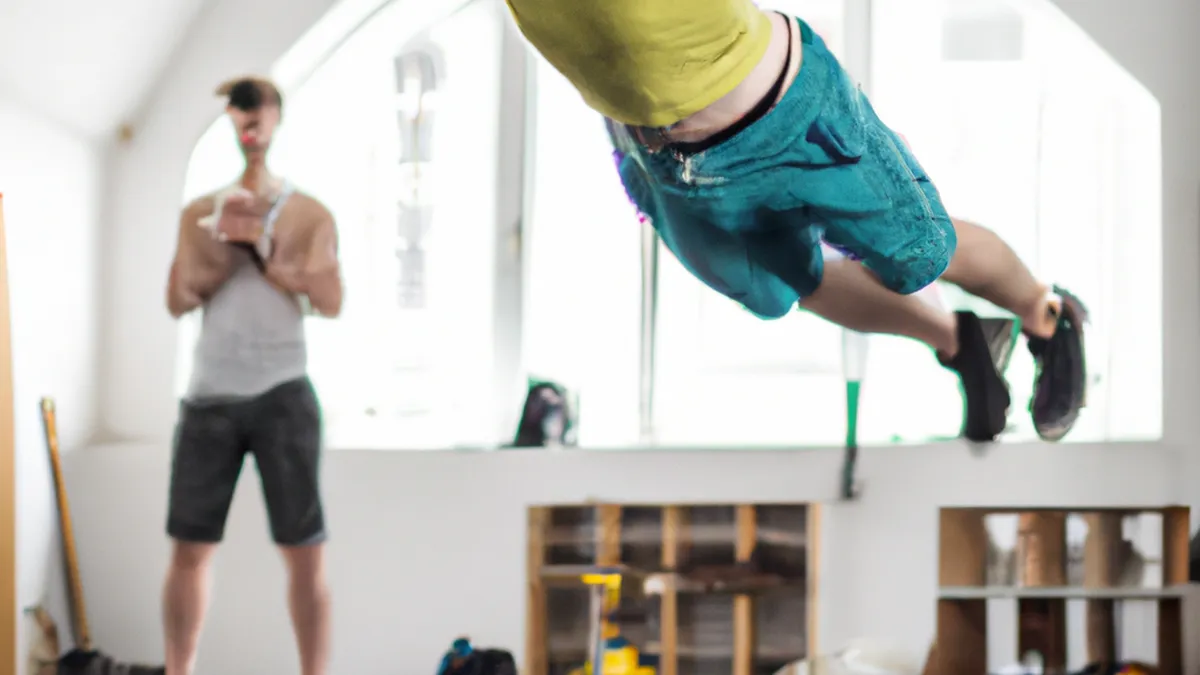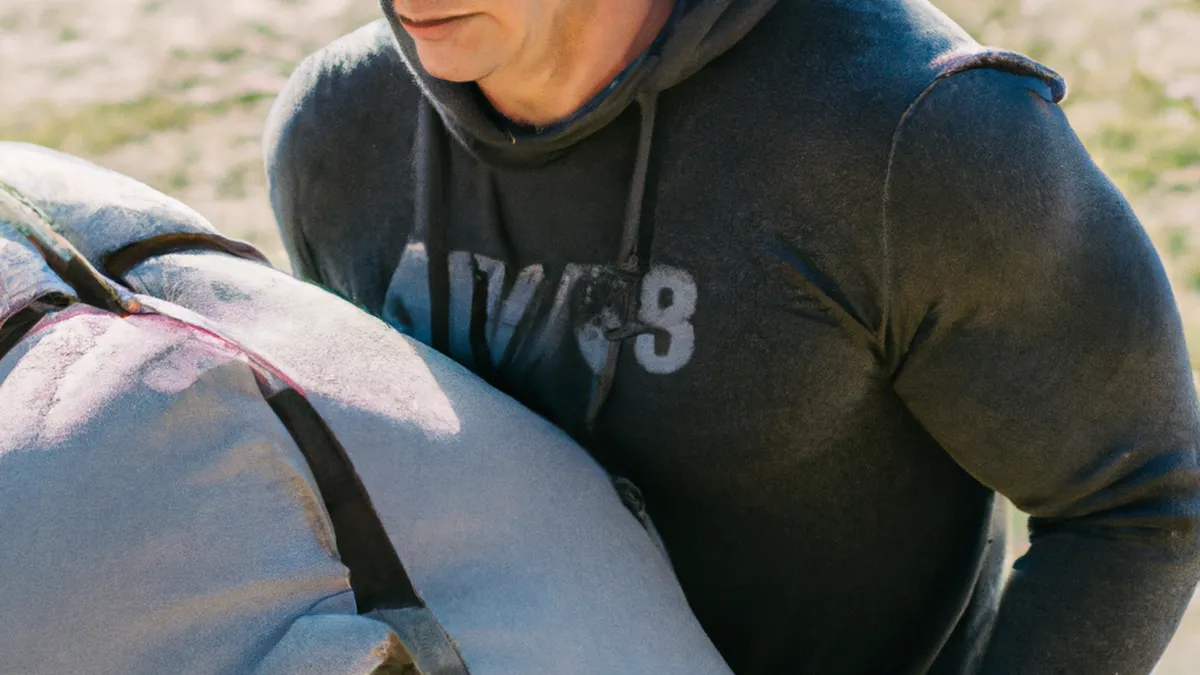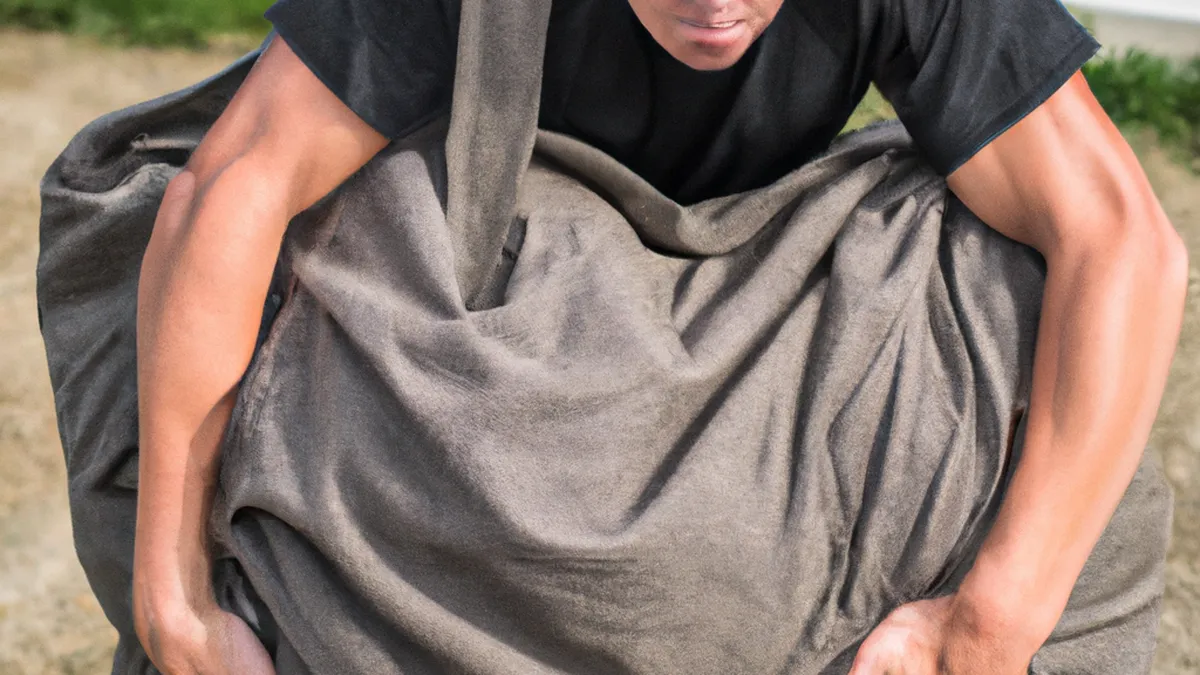Planche Hold: Balance Meets Strength
Perfecting the Planche HoldThe planche hold displays strength, balance, and control. Many fitness enthusiasts aspire to master it. This skill requires exceptional upper body strength and core stability. The planche hold ranks among the challenging gymnastic skills. This guide explores the intricacies of the planche hold, offering tips, training advice, and benefits.
Understanding the Planche Hold
The planche hold positions your body parallel to the ground, supported by your hands. Your legs extend behind you, and your core engages deeply for balance. The planche hold showcases strength in your shoulders, wrists, and core. Many beginners underestimate the effort required to achieve it. With the right mindset and training, anyone can master the planche hold.
Training Tips for the Planche Hold
As an Amazon Associate I earn from qualifying purchases.
Gear tip: consider kettlebell, adjustable dumbbells, and olympic barbell to support this topic.
1. Start with Progressions
Use progressions to approach the planche hold effectively. Beginners should begin with tuck planche holds. Keep your knees close to your chest in this position. This reduces the load on your arms and shoulders. As you gain strength, gradually extend your legs into a straddle planche and then a full planche. This step-by-step approach allows your body to adapt safely.
2. Strengthen Your Core
A strong core is vital for the planche hold. Incorporate exercises targeting your core, such as planks, hollow body holds, and dragon flags. These movements improve core stability and help you hold the planche position. Add dynamic exercises like leg raises and L-sits to build strength and endurance.
3. Work on Wrist and Shoulder Strength
Develop strength in your wrists and shoulders for the planche hold. Perform wrist push-ups on your fists to build wrist strength. Shoulder taps and handstand push-ups enhance shoulder stability and strength. Include wrist mobility exercises in your routine to improve performance and reduce injury risk.
4. Practice Regularly
Consistency is crucial for mastering the planche hold. Dedicate specific days for planche training and practice at least 2-3 times a week. Over time, you will notice improvements in strength, balance, and skill level. Always listen to your body; rest if you feel fatigued or uncomfortable.
Conclusion
In summary, mastering the planche hold requires dedication, strength training, and consistency. Follow these tips to work towards achieving this impressive skill.
Below are related products based on this post:
FAQ
What is the planche hold?
The planche hold is a gymnastic skill where your body is parallel to the ground, supported solely by your hands. It requires exceptional upper body strength and core stability, showcasing the strength in your shoulders, wrists, and core.
How can beginners start training for the planche hold?
Beginners should start with progressions, beginning with tuck planche holds where the knees are close to the chest. This reduces the load on the arms and shoulders, allowing for a safer transition to more advanced positions like straddle planche and full planche as strength increases.
Why is core strength important for the planche hold?
A strong core is essential for maintaining balance and stability in the planche hold. Incorporating core-targeting exercises such as planks and hollow body holds will improve your ability to hold the position effectively.















Post Comment